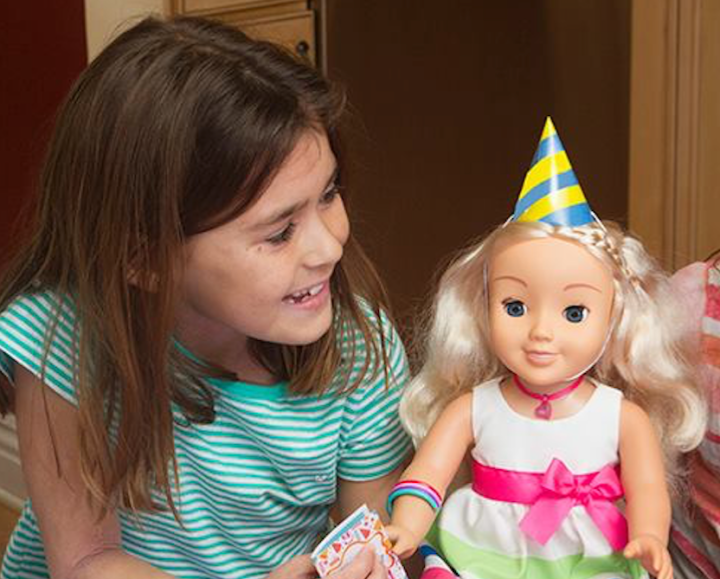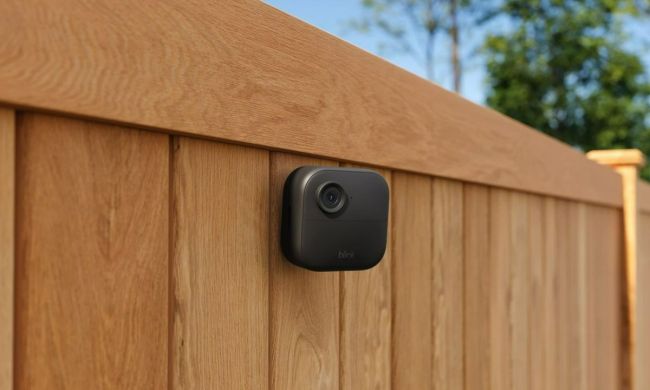
According to the complaint, which was filed with both the U.S. Federal Trade Commission and the European Union, Genesis Toys and its tech partner Nuance are committing “obvious breaches of several consumer laws.” The privacy groups assert that the toys i-Que and My Friend Cayla each suffer from a lack of security, which makes it possible for anyone to hack into one of the toys and listen in on the conversations it’s recording. The privacy groups further assert that the toys employ illegal user terms, which do not actually ask parents to consent to having their children’s speech recorded; and hidden marketing, which endorses a number of products in a questionable manner.
“Children are especially vulnerable, and are entitled to products and services that safeguard their rights to security and privacy,” said Finn Myrstad, head of section, digital services in the Norwegian Consumer Council. “As long as the manufacturers are not willing to take these issues seriously, internet of things technologies are not suited for toys.”
In December, the Electronic Privacy Information Center, a Washington nonprofit privacy advocacy group, added its voice to the mix. “We’re very concerned about the fact that these dolls are essentially spying on your kids’ private conversations,” Claire Gartland, director of the nonprofit’s Consumer Privacy Project told NPR. Because Cayla is able to record everything your child says, there are no secrets between your beloved and their 21st-century buddies.
“There’s all kinds of intimate details of their personal life, their parents’ personal lives. We know how kids at younger ages don’t necessarily have the same social filter,” Gartland said, “so these children could be chattering on about anything, really.”
While Nuance insisted in a blog post that it does not share voice data, this may not be enough to convince concerned parents of these toys’ safety.
It certainly wasn’t enough for German regulators, who decided to ban the doll altogether, calling it an “espionage device.” On Friday, Jochen Homann, the president of Germany’s Federal Network Agency (the Bundessnetzagentur) announced that selling the toy in the European nation would henceforth be illegal and further noted that the agency has a responsibility to protect the most vulnerable members of society — children.
While it’s not yet banned in the U.S., the doll is rather hard to find. You can buy it online on Amazon but you won’t find it at Toys R Us or Walmart.
So what should you do if you have an i-Que or My Friend Cayla for your kids? You could try to complain and return it to the store, if you feel unsafe with it around your children. Or, if you’d rather keep it, just make sure to turn it off when it’s not in use.
“With internet-connected devices gaining ground, market supervision will become increasingly complex,” said Monique Goyens, director general of The European Consumer Organization (BEUC). “The challenge to make sure EU consumers are properly protected is huge and cooperation between authorities and consumer organizations is key. The fact that business malpractices do not halt at the border is making this task even harder.”
Article originally published in November 2016. Updated on 02-17-2016: Added news that My Friend Cayla has been banned in Germany.


